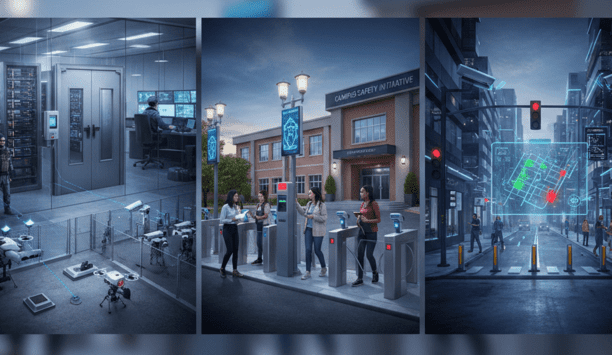Yarden Gross, CEO and Co-founder of maritime technology start-up Orca AI champions the rapid – but responsible – deployment of smart, cost-effective digital tools to tackle climate challenges in the shipping industry.
Leveraging machine learning and data insights, AI solutions are a vital front line in reducing fuel consumption and emissions.
AI solutions
"AI solutions are crucial for squeezing every last drop of efficiency out of the existing fleet amid increasing pressure to decarbonise," said Gross, responding to the 2024 annual disclosure report released on June 13 by the global transparency initiative Sea Cargo Charter (SCC).
The SCC, representing 20% of global bulk cargo transport, aims to integrate climate considerations into chartering decisions and enhance transparency on emissions.
2024 report highlights
The 2024 report highlights a notable gap between current emissions and the IMO’s net-zero strategy
The 2024 report highlights a significant gap between current emissions and the IMO’s net-zero strategy for 2050, with the shipping industry falling short of its climate target by 17% in 2023, equivalent to 165 million metric tonnes of CO2e.
"Currently, dry bulk, general cargo, and tankers account for around 400 million tonnes of CO2 emissions. With global trade predicted to quadruple by 2050, emissions will skyrocket without urgent action," the SCC wrote, stressing the importance of routeing optimisation and other strategies to improve vessel performance.
Situational awareness and real-time alerts
"Our figures estimate that global commercial shipping could cut carbon emissions by 47 million tonnes per year by deploying AI for sea navigation," said Gross.
Referring to Orca AI's computer-vision solution, he says enhancing situational awareness and providing real-time alerts to support early decision-making by crews can significantly reduce the need for sharp manoeuvres and route deviations resulting from close encounters with high-risk marine targets like vessels, buoys, and sea mammals.
AI digital watchkeeping
"Sharp manoeuvres and route deviations markedly increase fuel consumption," Gross said.
"And we estimate that reducing them could help ships shave off 38.2 million nautical miles per year off voyages, saving an average of $100,000 in fuel costs per vessel. Additionally, AI digital watchkeeping could reduce close encounters by 33% in open waters."
Impact of digital transformation
He highlights data captured for MMSL as an example of what customers might achieve; for one bulk carrier equipped with Orca AI, the ship-owning wing of Japan's Marubeni Corp logged a 67% reduction in close encounters and a 42% increase in average minimum distance in open waters over three consecutive quarters, resulting in an estimated annual fuel saving of $86,000.
Despite AI being in its early stages, Gross is confident in its potentially massive impact on shipping's digital transformation. "With continued transparency and targeted innovation leveraging AI tools, I fully endorse the SCC's optimism that we can navigate a more sustainable future," he concluded.
From facial recognition to LiDAR, explore the innovations redefining gaming surveillance
























